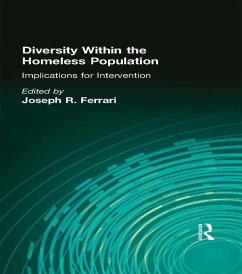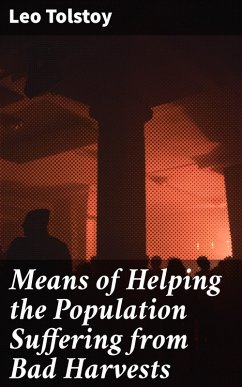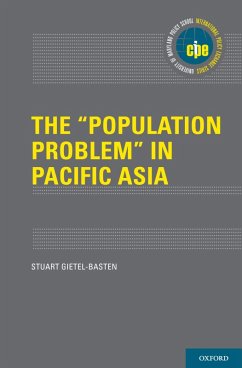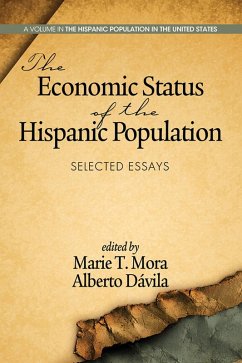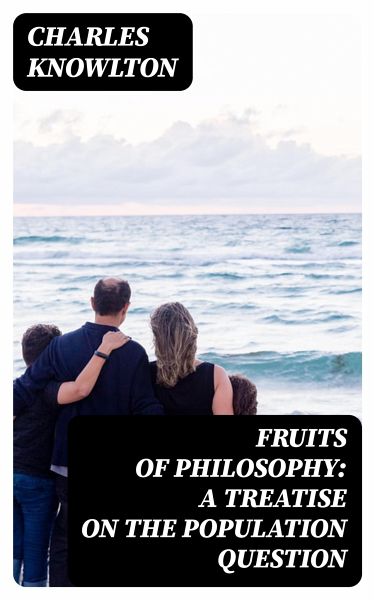
Fruits of Philosophy: A Treatise on the Population Question (eBook, ePUB)

PAYBACK Punkte
0 °P sammeln!
In "Fruits of Philosophy: A Treatise on the Population Question," Charles Knowlton presents a groundbreaking exploration of the intersection between human reproduction and societal well-being. Written in a clear and accessible style typical of early 19th-century social reform literature, the book addresses the contentious issue of population control and advocates for the use of contraceptive methods as a solution to overpopulation. Knowlton's work is situated within the literary context of the nascent birth control movement, offering a candid examination of the moral, philosophical, and practi...
In "Fruits of Philosophy: A Treatise on the Population Question," Charles Knowlton presents a groundbreaking exploration of the intersection between human reproduction and societal well-being. Written in a clear and accessible style typical of early 19th-century social reform literature, the book addresses the contentious issue of population control and advocates for the use of contraceptive methods as a solution to overpopulation. Knowlton's work is situated within the literary context of the nascent birth control movement, offering a candid examination of the moral, philosophical, and practical implications of population dynamics in an era ripe for social change. Charles Knowlton, a physician and reformer, was deeply influenced by the sociopolitical upheavals of his time, including the industrial revolution and growing urbanization. His commitment to public health and social justice fueled his controversial stance on reproductive rights, and he became a pivotal figure in advocating for women's autonomy over their bodies. Knowlton's experiences as a practitioner provided him with keen insights into the consequences of unregulated population growth. "Fruits of Philosophy" is essential reading for those interested in the historical roots of reproductive rights, social reform, and public health. Knowlton's provocative arguments are not only relevant to contemporary discussions on population issues but also challenge readers to engage with the ethical dimensions of reproduction and societal progress.
Dieser Download kann aus rechtlichen Gründen nur mit Rechnungsadresse in A, B, BG, CY, CZ, D, DK, EW, E, FIN, F, GR, H, IRL, I, LT, L, LR, M, NL, PL, P, R, S, SLO, SK ausgeliefert werden.






